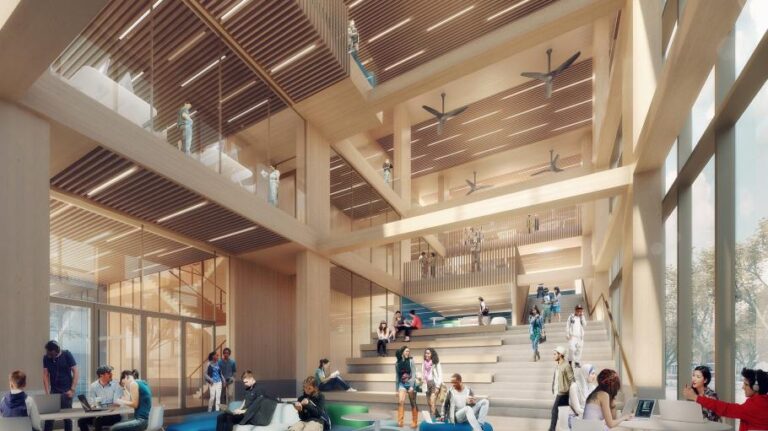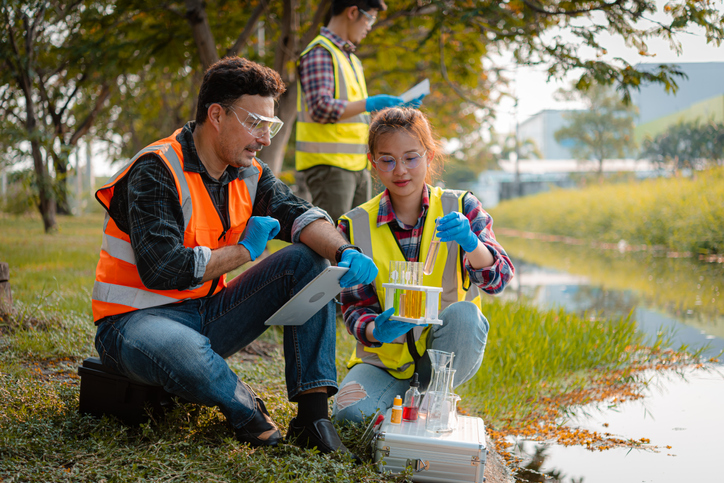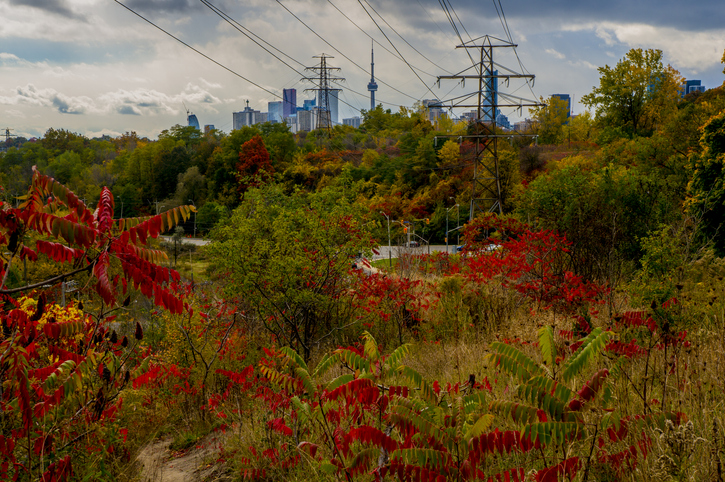Sunday, September 28, 2025
Women account for just over one-quarter (26.6%) of management positions within the Canadian environment and cleantech sector—12.6 percentage points below the share of women among all managers in Canada (39.2%), according to the most recent data available from Statistics Canada.
“When first starting out in the environmental industry, it became clear that it is a male dominated industry. I have noticed a significant shift over the years, but there is still underrepresentation in the upper management, director and C suite levels. I think it is important to highlight the women making these changes, and to motivate the next generation to continue to build on this momentum.”
This is one of the many informative and illuminating comments we received in our survey to support an exciting new effort to address gaps in the environment sector in Canada.
The Women’s Environmental Group (WEG) is a collaborative industry initiative that aims to connect women working in the environment sector. WEG will tackle critical issues, provide a platform for mentorship and networking, and support women working in the environment sector. WEG will leverage its existing platforms to support membership goals and objectives. This includes active participation by partnership representative(s) at quarterly meetings and collaboration for key events and activities.
The recent survey was valuable to help determine concrete goals and practical action items for future.
Here are some highlights:
- Motivations for Joining: Networking opportunities, connecting with like-minded women, fostering inclusive spaces, and addressing the male-dominated nature of the industry.
- Key Focus Areas: Underrepresentation in senior roles, obstacles to C Suite promotion, and pay gaps were the most passionate topics for the respondents. DEI, leadership, business development, and environmental scopes were also mentioned.
- Desired Discussion Activities and Events: Inspirational speakers and networking events were the top choices for discussion activities or events, followed by technical expertise and executive skills. Social events such as hiking also garnered interest.
- Challenges Faced by Women in the Sector: Respondents identified limited opportunities for advancement, pay gaps, being overlooked or underestimated, client bias towards male expertise, lack of female expert witnesses, unconscious bias, and difficulties in male-dominated environments as significant challenges. Balancing family and work, imposter syndrome, and the need for pay reflecting skills were also noted.
- Desired Skill Development: Networking and leadership skills were the most frequently mentioned skills or knowledge areas respondents wished to develop through the group, along with public speaking and technical skills. The need for guidance on salary and pay negotiations was also highlighted.
- Interest in Mentorship: An overwhelming majority of participants expressed interest in mentorship opportunities, either as a mentor or a mentee. A follow-up survey will determine the balance between mentors and mentees.
- How to Support Community: Suggestions for building connections included hosting networking events (online and in-person), highlighting different areas of the sector, sharing resources, facilitating focused discussions, having diverse membership, and connecting individuals with complementary skills.
- Career Advancement Barriers: Barriers to career advancement identified included poor mentorship, difficulty navigating established networks, lack of knowledge about futureproofing skills, systematic bias, lost opportunities due to maternity leave, and challenges negotiating pay and promotions.
- Industry-Specific Challenges and Inclusivity: Industry-specific challenges for women included being siloed, lack of awareness of opportunities, pay inequity, bias favoring male experience, and even issues with personal protective equipment. Creating safe spaces for open discussions and ensuring diverse representation were requested. There was emphasis about the importance of being pro-women without being anti-men.
- Preferred Meeting Formats and Frequency: Hybrid meetings were generally preferred, with a desire for virtual meetings initially and at least one in-person event annually for networking (these could be alternated in various geographic regions as informed by membership locations). Therefore, there will be quarterly events and bimonthly committee check-ins for the organizing committee.
Participants also emphasized the importance of creating a confidential space for open discussions: “Create an inclusive space for open discussions on shared challenges and potential solutions. For example, start meetings by creating a space where we can have open conversations with the assumption that the confidential information will be kept within the room, but overarching insights might be shared through the Environment Journal external channels.”
Next steps for WEG: Membership directory, leadership training, and more
Based on this fulsome feedback, the committee was informed and inspired to plan next steps.
This summer, the committee will develop a member directory with convenient links to LinkedIn profiles, bios and areas of expertise.
The committee will also prepare for the next event. In the fall, an informative and inspiring workshop will address leadership skills training. Please stay tuned for further details.
Join the conversation! If you are interested in joining WEG, or have ideas for guest speakers and future events, please reach out to connie@actualmedia.ca.
Featured image credit: Getty Images












